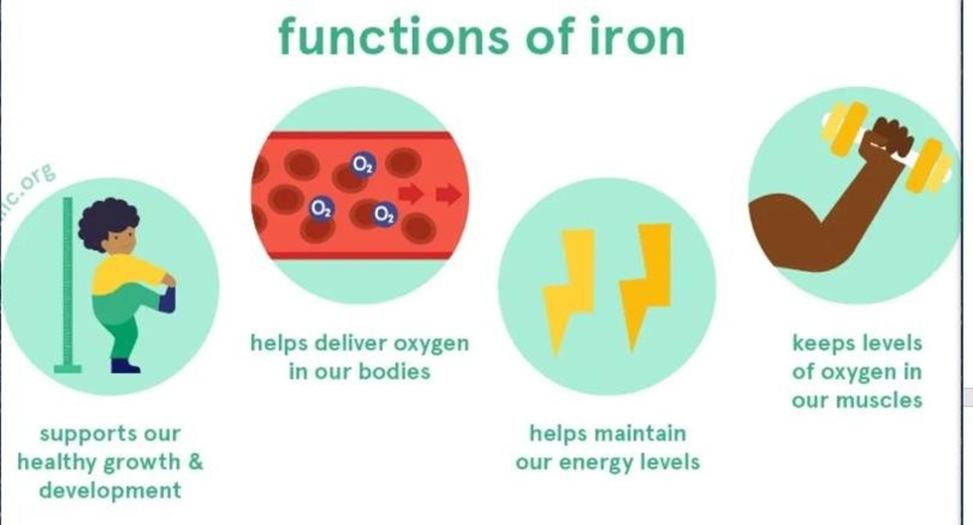If a baby weighed 7 lbs. at birth, at 1 year of age, they should weigh
21 bs.
28 lbs
14 lbs
32 lbs
The Correct Answer is A
A. 21 lbs
This is the correct answer. Infants typically triple their birth weight by 1 year. A baby who weighed 7 lbs at birth would generally weigh around 21 lbs at 1 year.
B. 28 lbs
This weight is too high for a typical 1-year-old. It is more in line with the weight of a 2-year-old. At 1 year, most babies will weigh around 21 lbs, so 28 lbs would be above the typical weight range.
C. 14 lbs
This weight is too low for a 1-year-old. By 1 year, most babies will have tripled their birth weight, which in this case would be 21 lbs. A weight of 14 lbs would be considered below average for a 1-year-old.
D. 32 lbs
This weight is too high for a 1-year-old. While some babies may gain weight faster than others, a 1-year-old who weighed 7 lbs at birth would typically not weigh 32 lbs. This would be unusually heavy for a 1-year-old.
Nursing Test Bank
Naxlex Comprehensive Predictor Exams
Related Questions
Correct Answer is B
Explanation
A. Vitamin D is a fat-soluble vitamin that the body can store; it is not water-soluble.
B. Vitamin C is a water-soluble vitamin, essential for various bodily functions, and needs to be replenished regularly as the body doesn't store it.
C. Vitamin E is a fat-soluble vitamin stored in the body's fatty tissues and organs, not water-soluble.
D. Vitamin A is also a fat-soluble vitamin stored in the liver and fatty tissues, not water-soluble.
Correct Answer is A
Explanation
A. Iron is a crucial component of hemoglobin in red blood cells, responsible for carrying oxygen throughout the body.
B. Magnesium is involved in various enzymatic reactions, nerve function, and muscle contractions, but it's not directly involved in oxygen transport.
C. Potassium plays a role in maintaining electrolyte balance and cell function, not in oxygen transport.
D. Phosphorus is essential for bone health, energy metabolism, and cell membrane formation but is not directly involved in oxygen transport.

Whether you are a student looking to ace your exams or a practicing nurse seeking to enhance your expertise , our nursing education contents will empower you with the confidence and competence to make a difference in the lives of patients and become a respected leader in the healthcare field.
Visit Naxlex, invest in your future and unlock endless possibilities with our unparalleled nursing education contents today
Report Wrong Answer on the Current Question
Do you disagree with the answer? If yes, what is your expected answer? Explain.
Kindly be descriptive with the issue you are facing.
